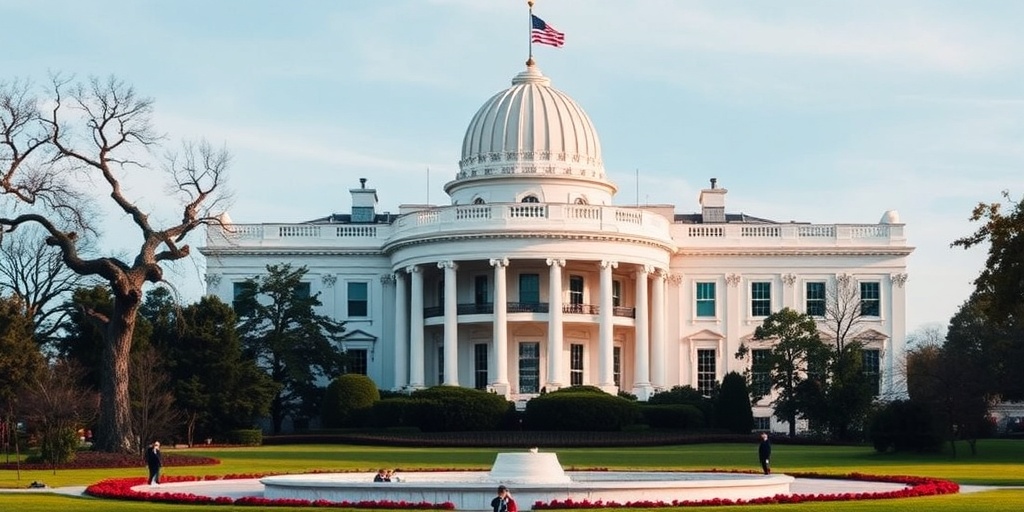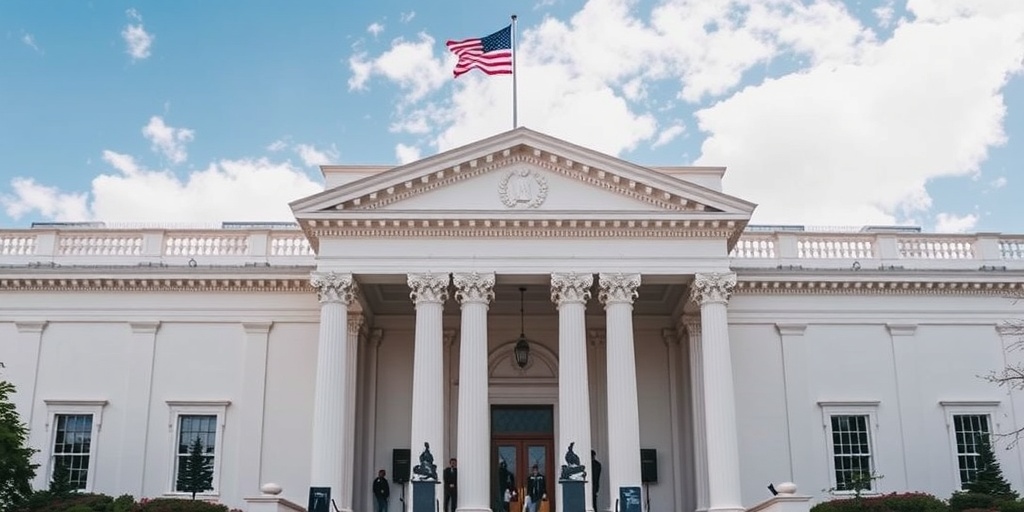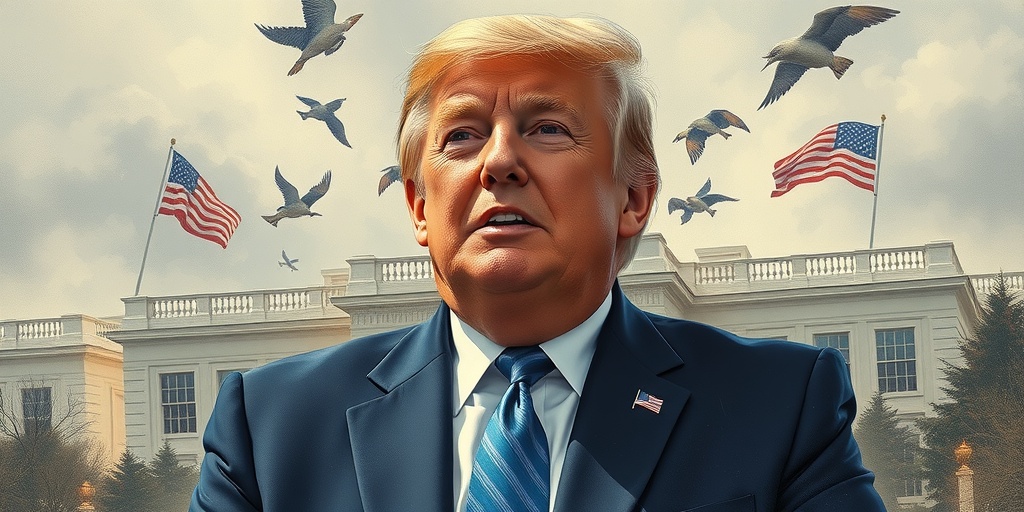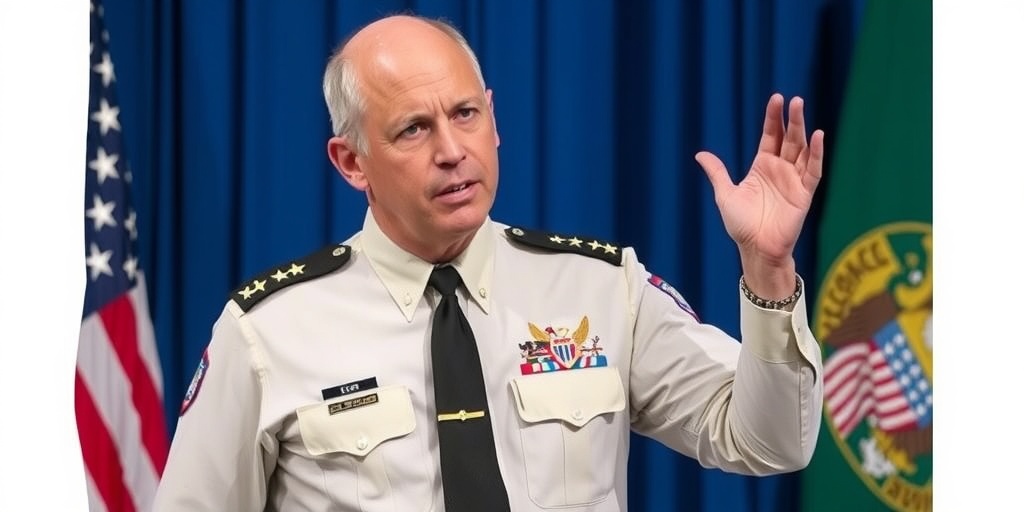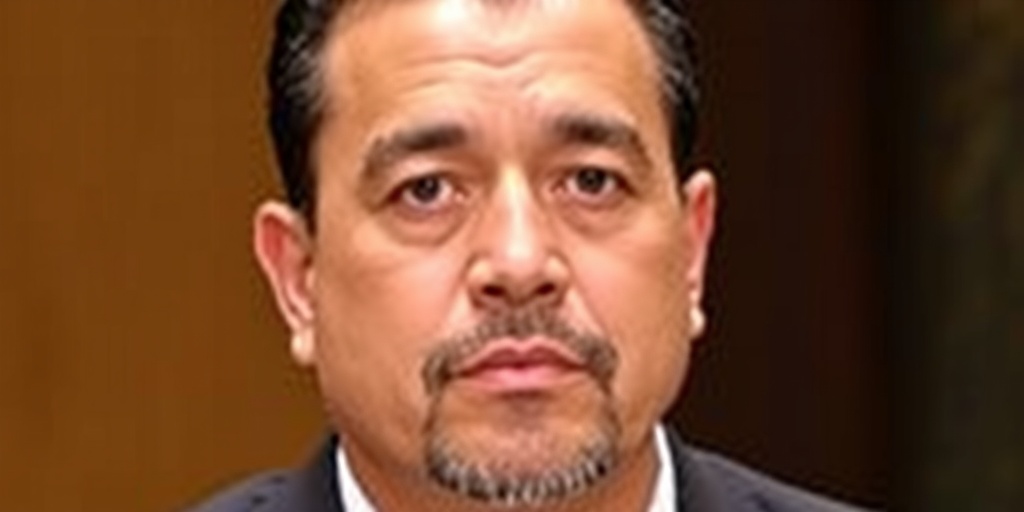Now Reading: Netanyahu to Meet Trump in Washington
-
01
Netanyahu to Meet Trump in Washington
Netanyahu to Meet Trump in Washington
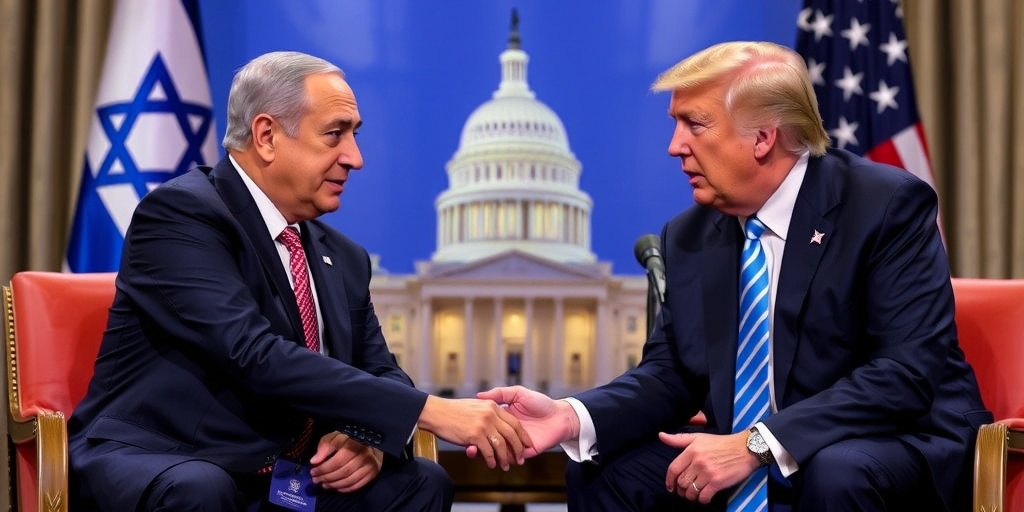
Netanyahu Set to Meet Trump Amid Escalating Conflict in Gaza
Prime Minister Benjamin Netanyahu of Israel is scheduled to meet with President Donald Trump at the White House on Monday, highlighting the ongoing diplomatic relationship between the United States and Israel during a tumultuous period marked by renewed violence in Gaza. This will be Netanyahu’s second visit since Trump’s administration took office in January, underscoring the significance of U.S.-Israel relations in current geopolitical dynamics.
Netanyahu’s arrival in Washington comes on the heels of Israel intensifying its military operations against Hamas in Gaza late last month. The conflict has escalated dramatically, prompting U.S. officials to renew their efforts in brokering a truce to put an end to hostilities and to facilitate the release of hostages taken during the conflict. However, these diplomatic attempts have yet to yield significant progress, with expectations low for a breakthrough during this meeting.
The Israeli Prime Minister’s office has refrained from commenting, and Netanyahu was previously engaged in a state visit to Hungary, where he met with Hungarian Prime Minister Viktor Orban. This demonstrates a broader outreach by Netanyahu, seeking to solidify alliances in Europe amid shifting geopolitical landscapes.
During Netanyahu’s last visit to the White House, President Trump articulated a controversial vision for Gaza that involved a potential U.S. takeover of the region and proposed the mass displacement of Palestinians. This proposal has drawn widespread condemnation and criticism, with many observers raising concerns over its ethical implications. Critics argue that Netanyahu’s call for what he has termed “voluntary emigration” for Gazans is little more than a thinly veiled push for forced displacement, a move that raises significant questions about human rights and international law.
Recently, Israeli forces have ramped up their military operations, continuing to bombard Gaza extensively since the conflict resumed at the end of March. Reports indicate that Israeli troops are advancing deeper into Gaza and have imposed stringent restrictions on humanitarian aid entering the region. This blockade is viewed as a strategy to exert pressure on Hamas amidst fears of a rapidly deteriorating humanitarian crisis, impacting countless civilians caught in the crossfire.
In the backdrop of these military actions, the Trump administration has been vocally supportive of Israel, placing the blame for the renewed hostilities on Hamas. Officials are characterizing the current conflict as Hamas’s responsibility for provoking the situation, a narrative that aligns with long-standing U.S. policy of staunch support for Israel.
However, Hamas officials have countered these claims, accusing Israel of violating the cease-fire agreement that U.S. mediators helped facilitate earlier this year. The narrative of blame is a common refrain in the complex Israeli-Palestinian conflict, where each side accuses the other of aggression and inciting violence.
As the situation continues to unfold, the outcome of Netanyahu’s meeting with Trump could have far-reaching implications. The discussions are expected to address the ongoing military campaign in Gaza, the humanitarian crisis resulting from the conflict, and potential pathways to de-escalation. However, given the historical complexities and entrenched positions of both sides, finding a resolution that is acceptable to all parties remains a significant challenge.
International observers and analysts will be closely watching the outcomes of this high-stakes meeting, as it may set the tone for U.S.-Israel relations in the future and influence regional stability. With a backdrop of rising tensions and humanitarian concerns, the talks are likely to evoke strong reactions both domestically and internationally. The interplay between military action and diplomatic efforts in the coming days will be crucial in shaping the trajectory of this conflict-laden region.
The ongoing violence, combined with the diplomatic intricacies surrounding Netanyahu’s visit, underscores the volatile nature of Middle Eastern politics and the vital role that international partners play in seeking resolution to deeply rooted conflicts. As the world focuses on Washington, the expectation for meaningful dialogue will be critical in brokering peace and addressing the humanitarian crisis that millions face in Gaza.
Stay Informed With the Latest & Most Important News
Previous Post
Next Post
Previous Post
Next Post
-
 01New technology breakthrough has everyone talking right now
01New technology breakthrough has everyone talking right now -
 02Unbelievable life hack everyone needs to try today
02Unbelievable life hack everyone needs to try today -
 03Fascinating discovery found buried deep beneath the ocean
03Fascinating discovery found buried deep beneath the ocean -
 04Man invents genius device that solves everyday problems
04Man invents genius device that solves everyday problems -
 05Shocking discovery that changes what we know forever
05Shocking discovery that changes what we know forever -
 06Internet goes wild over celebrity’s unexpected fashion choice
06Internet goes wild over celebrity’s unexpected fashion choice -
 07Rare animal sighting stuns scientists and wildlife lovers
07Rare animal sighting stuns scientists and wildlife lovers













